Home>Garden Essentials>How To Prevent Bird Seed From Sprouting
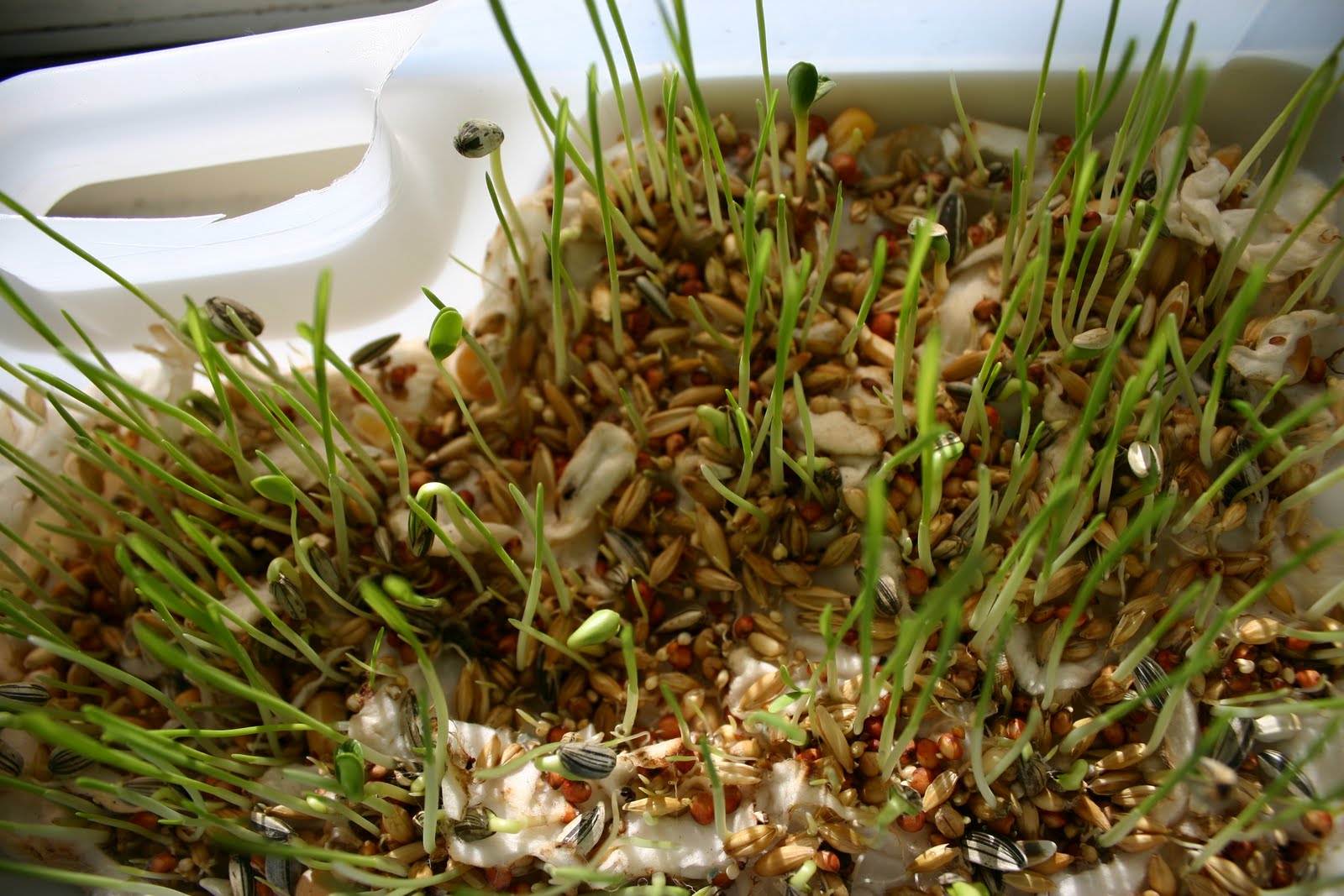

Garden Essentials
How To Prevent Bird Seed From Sprouting
Modified: March 24, 2024
Learn effective garden tips and tricks to prevent bird seed from sprouting in your garden. Discover how to keep your plants healthy and bird-free.
(Many of the links in this article redirect to a specific reviewed product. Your purchase of these products through affiliate links helps to generate commission for Storables.com, at no extra cost. Learn more)
Introduction
Welcome to the world of bird feeding! Watching birds visit your backyard and feed from your bird feeder is undoubtedly one of the most rewarding experiences for nature enthusiasts and garden lovers. However, one common challenge that many bird lovers face is the sprouting of bird seed. If you’ve ever found unwanted plants growing beneath your bird feeders, you’re not alone. These sprouts can quickly become a nuisance, taking over your garden and overshadowing your carefully cultivated plants.
But fear not! In this article, we will explore the factors contributing to bird seed sprouting and provide you with practical tips on how to prevent it. By understanding why bird seed sprouts and implementing the right strategies, you can enjoy the beauty of bird feeding without the pesky sprouts sabotaging your garden.
Key Takeaways:
- Prevent bird seed sprouting by choosing mixes with fewer sprouting-prone seeds, keeping seed dry, and placing feeders on solid surfaces.
- Regularly clean feeders, consider alternative feeding methods, and pay attention to seed quality to enjoy bird feeding without sprouting issues.
Read more: How To Prevent Birds From Eating Grass Seed
Understanding the Problem
Before we delve into solutions, let’s take a closer look at why bird seed sprouting occurs. Bird seed is specially formulated to provide essential nutrients for birds, but some seeds can also be high in fat and carbohydrates. When birds feed, they may inadvertently drop or scatter seeds onto the ground. These seeds, when exposed to moisture, can germinate and sprout, causing unwanted plants to grow in your garden.
While some sprouts may seem harmless, they can quickly become a problem. These sprouts compete with your garden plants for nutrients, water, and sunlight, ultimately hindering the growth and health of your carefully cultivated plants. Additionally, sprouts can attract pests and contribute to weed infestations, further complicating your gardening efforts.
Understanding the factors that contribute to bird seed sprouting is crucial in finding effective prevention methods. Let’s explore some of the main factors involved:
1. Seed Composition
The composition of the bird seed you use plays a significant role in the sprouting issue. Some types of bird seed contain a higher percentage of seeds that are prone to sprouting, such as millet and sunflower seeds. Consider choosing a bird seed mix that has a lower percentage of these seeds.
2. Moisture
Moisture is a primary trigger for seed germination. When bird seed gets wet from rain or dew, it creates a favorable environment for sprouting. Additionally, if your bird feeder is not designed to protect the seeds from moisture, it can further contribute to the problem. Keeping the bird seed dry is key to preventing sprouting.
3. Seed Placement
The placement of your bird feeder can also impact the likelihood of seed sprouting. If the feeder is positioned directly over soil or grass, any dropped seeds have a higher chance of coming into contact with moisture and germinating. Proper seed placement can significantly reduce the sprouting issue.
By understanding these factors, you can select bird seed mixes with lower sprouting potential, ensure proper moisture control, and optimize the placement of your bird feeder to minimize the occurrence of sprouting. In the next sections, we will explore practical solutions to tackle the problem of bird seed sprouting in your garden.
Read more: How To Prevent Bird Seed Mess
Factors Contributing to Bird Seed Sprouting
To effectively prevent bird seed from sprouting, it is essential to understand the factors that contribute to this issue. By addressing these factors, you can minimize the chances of unwanted plants growing beneath your bird feeders. Let’s explore the main factors involved:
1. Seed Composition
The type and composition of bird seed you use can greatly determine the sprouting potential. Certain seeds, such as millet and sunflower seeds, are more prone to sprouting than others. Consider choosing bird seed mixes with a lower percentage of these sprouting-prone seeds. Opting for blends that contain predominantly non-sprouting seeds like safflower or nyjer can help mitigate the issue.
2. Moisture Exposure
Moisture is a key trigger for seed germination. If bird seed comes into contact with water from rain, sprinklers, or even high humidity levels, it creates a favorable environment for sprouting. To prevent this, select bird feeders that have protective features like rain guards and seed catchers. These accessories can shield the seeds from excessive moisture exposure, reducing the chances of germination.
3. Seed Storage
Properly storing your bird seed is crucial in preventing sprouting. When purchasing bird seed, make sure to check the packaging for any signs of damage or tears. It’s also important to store the bird seed in a cool, dry place, away from direct sunlight and moisture. Additionally, avoid buying bird seed in bulk quantities if you can’t use it all within a reasonable time frame, as old or expired seed is more likely to sprout.
Read more: How To Prevent Birds From Nesting In Eaves
4. Feeder Placement
The placement of your bird feeder can also impact sprouting. If your feeder is positioned directly over bare soil or grass, any dropped seeds have a higher chance of coming into contact with moisture and germinating. To minimize sprouting, consider placing your bird feeder over a solid surface like a patio, deck, or gravel area. This way, any fallen seeds can be easily collected and discarded before they have a chance to sprout.
5. Regular Cleaning
A clean bird feeder is not only essential for maintaining the health of the birds but also for preventing seed sprouting. Mold and bacteria that accumulate in dirty feeders can contaminate bird seed, leading to faster germination. Regularly clean your bird feeders with warm soapy water and thoroughly dry them before refilling with fresh seed. This will help minimize the chances of sprouting and ensure the well-being of the visiting birds.
By considering these factors and implementing the appropriate measures, you can significantly reduce the problem of bird seed sprouting. In the next sections, we will delve deeper into choosing the right bird seed and implementing proper bird feeder placement techniques to further prevent sprouting in your garden.
Choosing the Right Bird Seed
Choosing the right bird seed is essential not only for attracting a variety of bird species but also for minimizing the problem of seed sprouting. By selecting the appropriate bird seed mix, you can reduce the chances of unwanted plants growing beneath your bird feeders. Here are some tips to help you make the right choice:
1. Opt for Non-Sprouting Seeds
When browsing for bird seed, look for mixes that contain a lower percentage of sprouting-prone seeds like millet and sunflower seeds. Instead, opt for blends that include non-sprouting seeds like safflower, nyjer (thistle), and cracked corn. These seeds are less likely to sprout and will help minimize the sprouting issue in your garden.
2. Consider Shelled Seeds
Shelled seeds, such as sunflower hearts or shelled peanuts, are another great option to prevent sprouting. Since the outer shells have been removed, these seeds are less likely to germinate if accidentally dropped or left uneaten by the birds. Plus, they offer the added benefit of requiring less cleanup since there are no shells to gather.
3. Avoid Seeds with High Moisture Content
Seeds with a higher moisture content are more prone to germination. Before purchasing bird seed, check the packaging for information on moisture content. Try to avoid seed mixes with high moisture levels as they have a greater likelihood of sprouting. Look for products that have been stored and packaged in dry conditions.
4. Quality Control
Ensure that the bird seed you purchase is of high quality. Check for any signs of damage or mold on the packaging, as these can indicate poor quality or storage conditions. Buying from reputable brands or suppliers can help ensure that you’re getting fresh, high-quality seed that is less likely to sprout.
5. Consider Bird-Specific Seed Blends
If you have specific bird species you want to attract, consider using specialized seed blends formulated for their preferences. For example, there are seed mixtures designed specifically for finches, cardinals, or hummingbirds. These blends often contain seeds that are not only appealing to the target species but also have a lower sprouting potential.
By following these guidelines and selecting the right bird seed, you can effectively mitigate the problem of seed sprouting while still providing a nutritious and desirable food source for your feathered friends. In the next section, we will explore how proper bird feeder placement can further aid in preventing sprouting in your garden.
Read more: How To Grow Brussel Sprouts From Seeds
Proper Bird Feeder Placement
Proper placement of your bird feeder is essential not only for attracting birds but also for minimizing the chances of seed sprouting. Strategic placement can help prevent seeds from coming into contact with moisture and soil, reducing the risk of unwanted plants growing beneath your feeders. Consider the following tips for optimal bird feeder placement:
1. Choose a Solid Surface
Place your bird feeder on a solid surface such as a patio, deck, or gravel area. This helps prevent seeds from falling directly onto soil or grass where they are more likely to sprout. The solid surface also makes it easier to clean up any fallen seeds before they have a chance to germinate.
2. Maintain Distance from Plants
When positioning your bird feeder, ensure that it is placed at an adequate distance from garden beds or areas where you don’t want sprouting plants. This helps minimize the chances of seeds being dropped directly into the soil or among your cultivated plants.
3. Provide Shade and Shelter
Choose a spot that provides some shade and shelter for the birds and the feeder. This helps protect the seeds from excessive sun exposure and reduces the risk of moisture accumulation. However, make sure the chosen location still allows easy access for birds to reach the feeder.
Read more: How To Protect Grass Seeds From Birds
4. Consider Multiple Feeders
If possible, consider setting up multiple bird feeders in different areas of your garden. Spreading out the feeding stations can help disperse the dropped seeds more evenly and reduce the concentration of seeds in one specific area. This can help minimize the chances of seed sprouting and also attract a wider variety of bird species.
5. Regularly Rotate Feeder Location
To further minimize the impact of fallen seeds, periodically rotate the placement of your bird feeder. By moving it to a new location every few weeks, you prevent excessive build-up of dropped seeds in one area, reducing the chances of sprouting plants taking over that spot.
By adhering to proper bird feeder placement techniques, you can significantly reduce the occurrence of seed sprouting in your garden. Combined with the right bird seed selection and other preventive measures, you can enjoy the beauty of bird feeding while keeping your garden free from unwanted plants. In the next section, we will discuss the importance of regular cleaning and maintenance of your bird feeders to further prevent seed sprouting.
Cleaning and Maintenance of Bird Feeders
Regular cleaning and maintenance of your bird feeders not only helps keep the visiting birds healthy but also plays a crucial role in preventing seed sprouting. Accumulated debris, mold, and bacteria can contaminate the bird seed, leading to faster germination and unwanted plants in your garden. Follow these tips to ensure proper cleaning and maintenance of your bird feeders:
1. Clean the Feeders Regularly
It is recommended to clean your bird feeders every 1-2 weeks, or more frequently in humid and wet weather conditions. Use warm soapy water and a brush to scrub the feeder, making sure to remove any residue or mold that may have accumulated. Thoroughly rinse the feeder with clean water before allowing it to dry completely before refilling with fresh seed.
Read more: How Long To Grow Brussel Sprouts From Seed
2. Disassemble and Clean all Parts
When cleaning your bird feeder, disassemble it completely if possible. Remove all parts, including perches, trays, and lids, and clean them individually. This ensures that all nooks and crevices are thoroughly cleaned, eliminating any hidden mold or bacteria that can contaminate the seed.
3. Remove Clumped or Wet Seed
During the cleaning process, check for any clumped or wet seed in the feeder. Remove and discard this seed as it is more prone to germination. By removing any moisture-laden or clumped seed, you minimize the chances of sprouting and ensure that only fresh and dry seed is available for the birds.
4. Use a Mild Disinfectant Solution
If you suspect any mold or lingering bacteria on your bird feeder, you can use a mild disinfectant solution. Mix one part white vinegar with nine parts water and soak the feeder components in this solution for a few minutes. Rinse thoroughly with clean water to remove any residual disinfectant before allowing the feeder to dry completely.
5. Check for Damage or Wear
Regularly inspect your bird feeders for any signs of damage, wear, or weak spots that may allow water to seep in or seeds to spill. Repair or replace any damaged parts to ensure that your feeder remains watertight and seed containment is secure. This helps prevent moisture from reaching the seeds and contributes to the prevention of sprouting.
By incorporating regular cleaning and maintenance practices into your bird feeding routine, you can reduce the chances of seed sprouting caused by mold and bacteria. Clean feeders not only provide a healthier feeding environment for birds but also contribute to the overall success of maintaining a sprout-free garden.
Read more: How To Stop Squirrels From Eating Bird Seed
Alternative Bird Feeding Methods
If you’re still experiencing problems with seed sprouting despite implementing the previous suggestions, exploring alternative bird feeding methods can be a viable solution. These methods provide birds with food while minimizing the chances of seed droppings and subsequent sprouting in your garden. Consider the following alternative bird feeding methods:
1. Suet Feeders
Suet feeders are a popular alternative to seed feeders as they offer a high-energy food source for birds. Suet is a dense block made from animal fat, mixed with various ingredients like seeds, nuts, and fruits. Since suet feeders offer a solid block of food, there is minimal risk of seeds falling and sprouting in your garden.
2. Nectar Feeders
Nectar feeders are specifically designed to attract hummingbirds and other nectar-feeding birds. These feeders contain a solution of sugar water that mimics the natural nectar found in flowers. By utilizing nectar feeders, you eliminate the risk of seed droppings and subsequent sprouting altogether.
3. Fruit Feeders
Fruit feeders are an excellent way to attract fruit-loving bird species and reduce the chances of seed sprouting. Offer slices or halves of fresh fruits, such as oranges, apples, and berries, on specialized fruit feeders. Birds will enjoy feasting on the juicy fruits, and you won’t have to worry about seed droppings causing sprouting issues.
4. Mealworm Feeders
Mealworms are a favorite food for many bird species, especially insectivorous birds. By offering mealworms in specialized feeders, you can provide birds with a protein-rich alternative to seeds. As mealworms are contained in a feeder, there is no risk of seed droppings causing sprouting in your garden.
5. Platform Feeders with Seed Catchers
For those who prefer to stick with traditional seed feeders, using a platform feeder with a seed catcher can help minimize the chances of seed droppings causing sprouting. These feeders have a tray or platform that catches any falling seeds, allowing you to easily collect and discard them before they touch the ground.
Exploring alternative bird feeding methods not only diversifies the types of birds you attract to your garden but also reduces the risk of unwanted seed sprouting. Remember to choose the method that best suits the bird species in your area and provides an enjoyable feeding experience for both you and the birds.
Conclusion
Bird feeding is a wonderful way to attract and observe various bird species in your backyard. However, the sprouting of bird seed can become a frustrating problem for garden enthusiasts. By understanding the factors that contribute to seed sprouting and implementing the right strategies, you can prevent unwanted plants from taking over your garden.
First and foremost, consider choosing bird seed mixes with a lower percentage of sprouting-prone seeds, such as millet and sunflower seeds. Opt for non-sprouting seeds like safflower or nyjer to reduce the chances of sprouting. Keeping the bird seed dry through proper feeder placement and using feeders with protective features can also help prevent moisture exposure and germination.
Remember to regularly clean and maintain your bird feeders to avoid the accumulation of mold, bacteria, and wet or clumped seed. Proper cleaning ensures birds have a healthy feeding environment and reduces the risk of seed sprouting. Alternatively, you can explore alternative bird feeding methods such as suet, nectar, fruit, or mealworm feeders to provide birds with an alternative food source and minimize the risk of seed droppings.
By implementing these strategies and paying attention to the quality and storage of bird seed, you can enjoy the beauty of bird feeding without the unwanted sprouts in your garden. Providing a welcoming feeding environment for birds while minimizing seed sprouting will make for a happy and harmonious coexistence between your garden and the bird population.
Now that you’re armed with the knowledge and strategies to prevent bird seed sprouting, go ahead and create a bird-friendly environment that brings joy to both you and our feathered friends. Happy birding!
Frequently Asked Questions about How To Prevent Bird Seed From Sprouting
Was this page helpful?
At Storables.com, we guarantee accurate and reliable information. Our content, validated by Expert Board Contributors, is crafted following stringent Editorial Policies. We're committed to providing you with well-researched, expert-backed insights for all your informational needs.
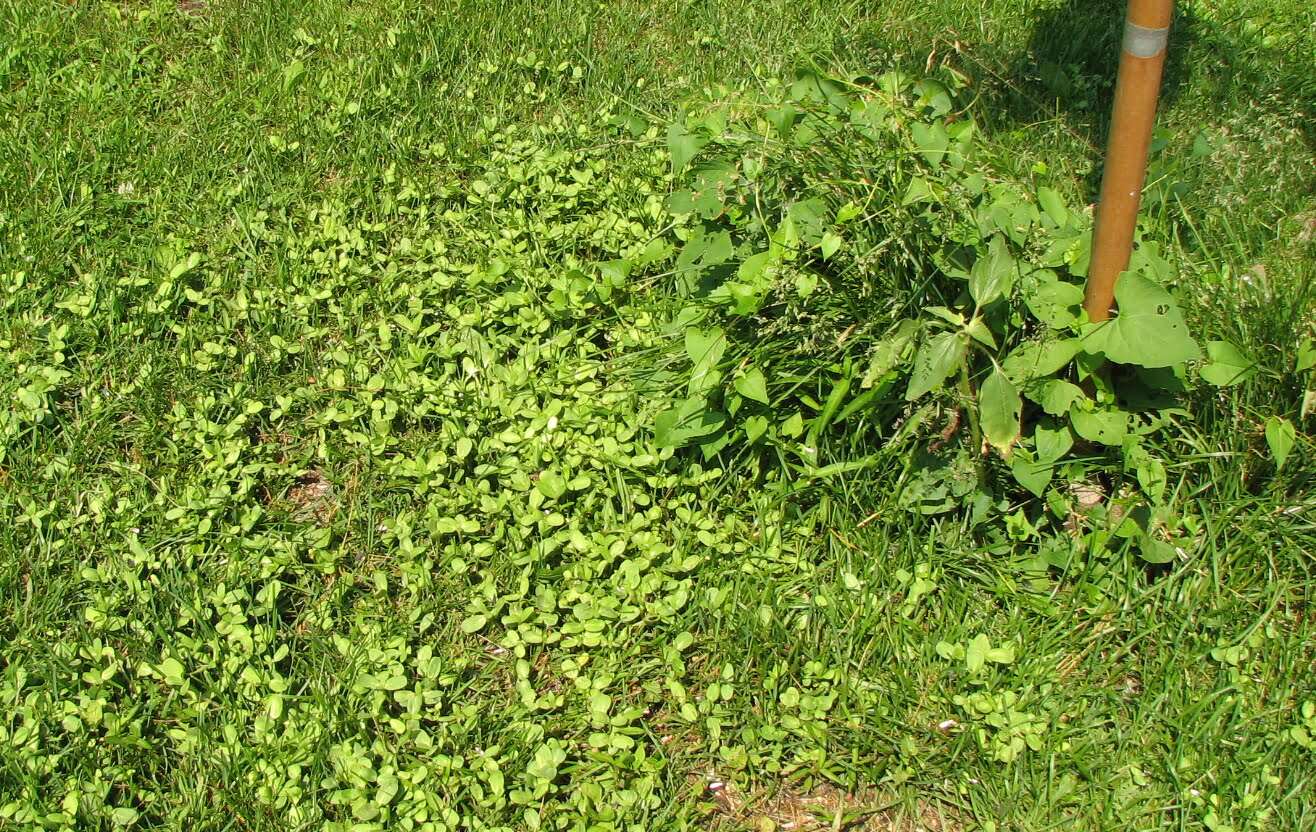
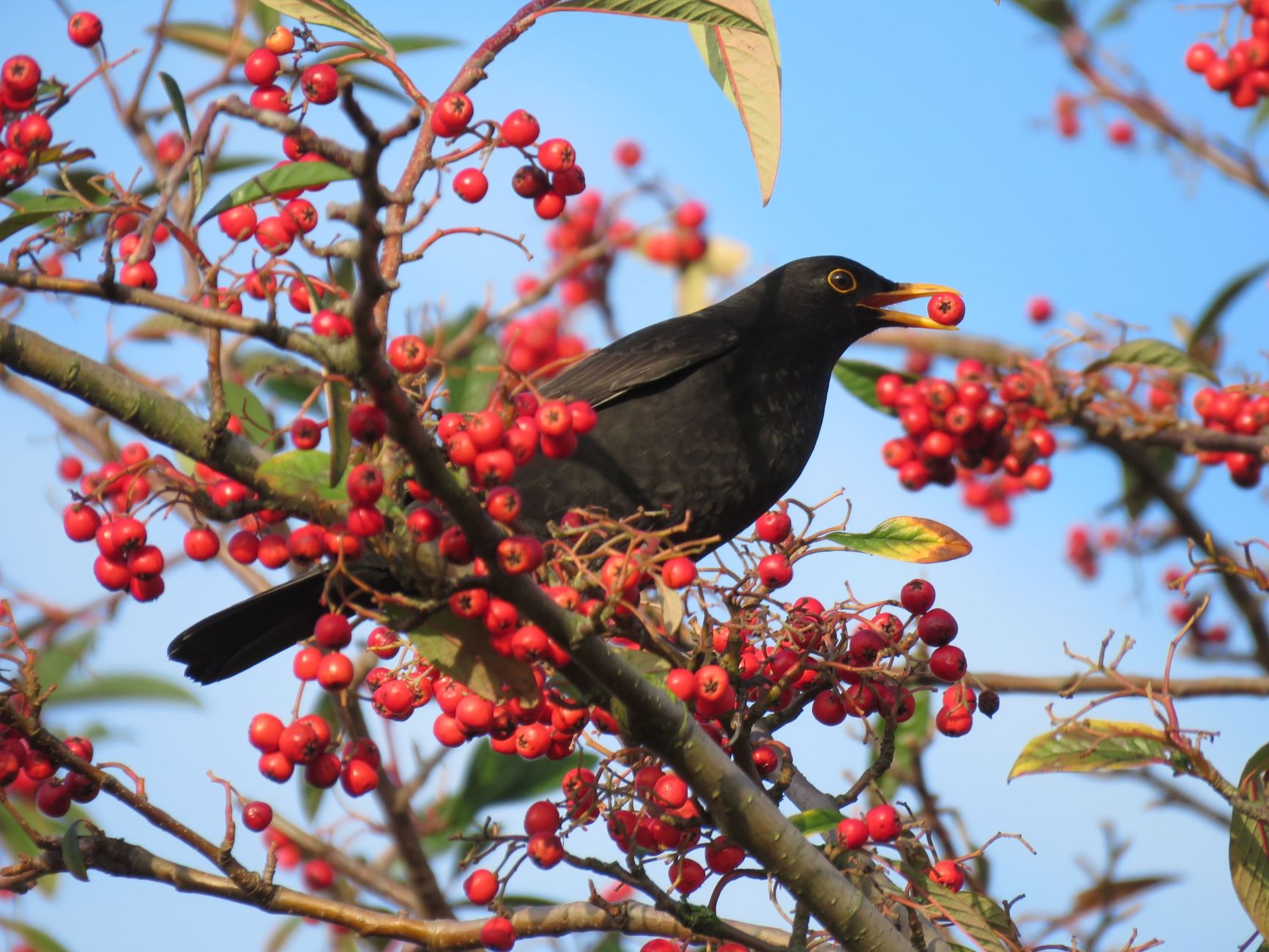
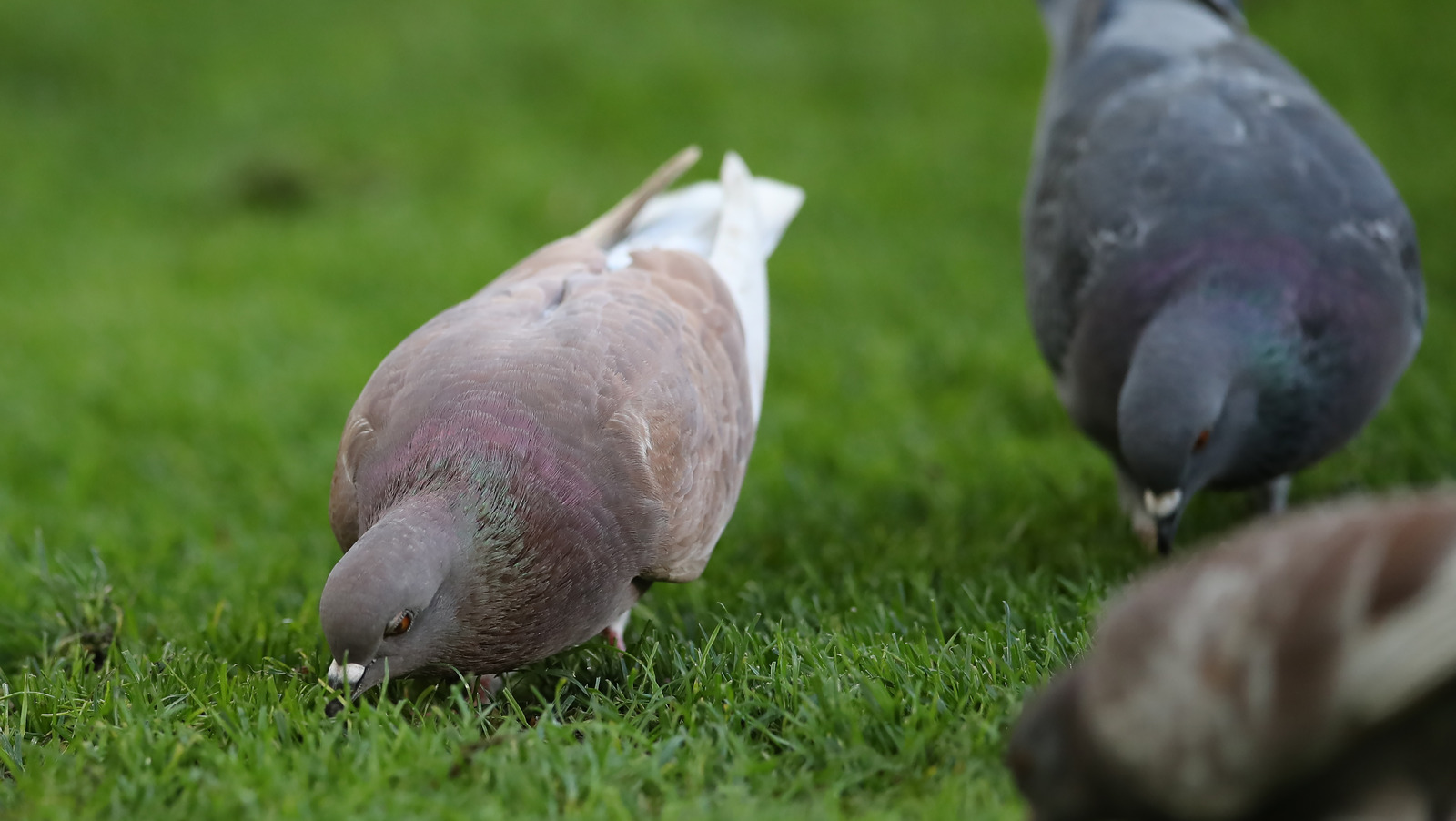
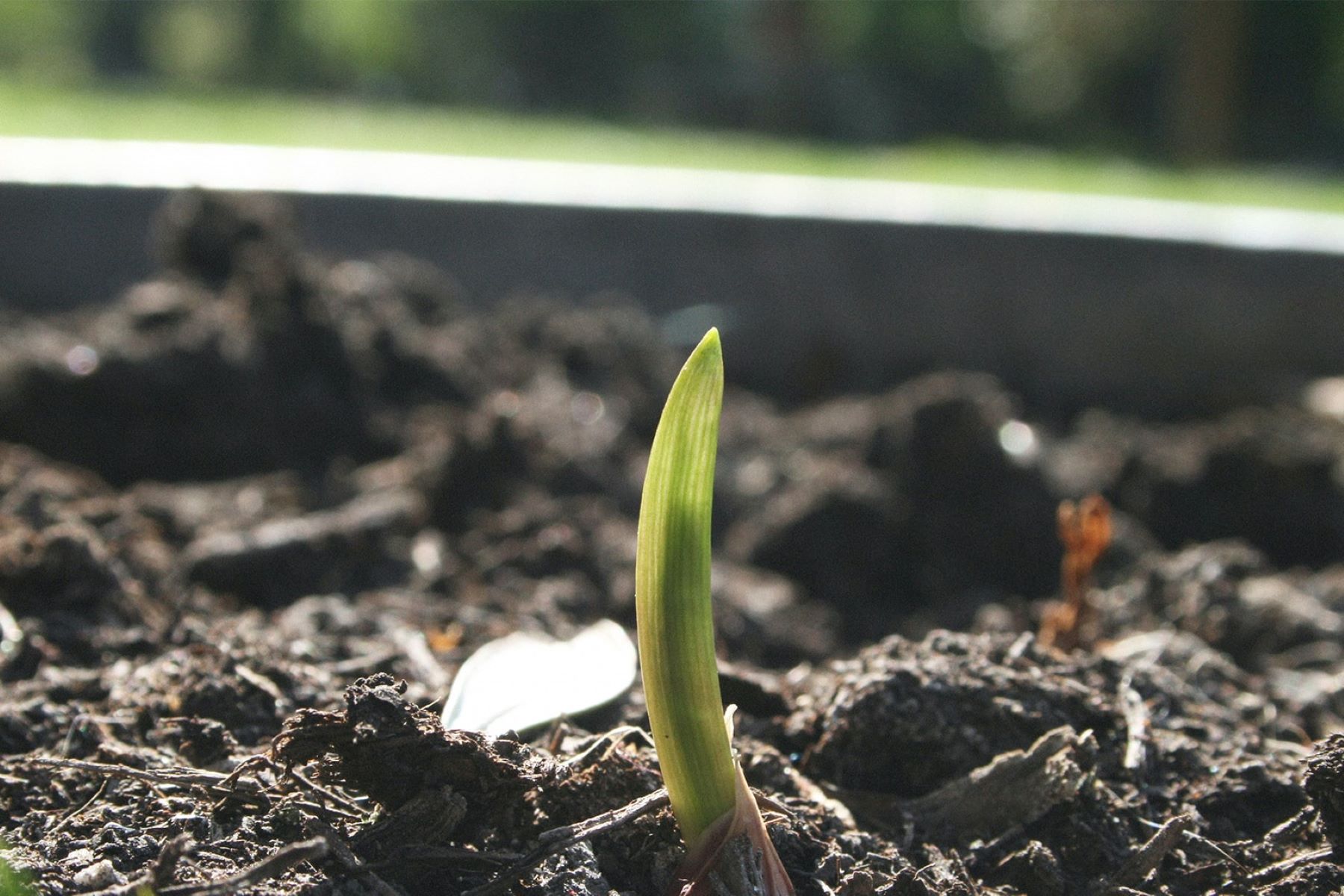
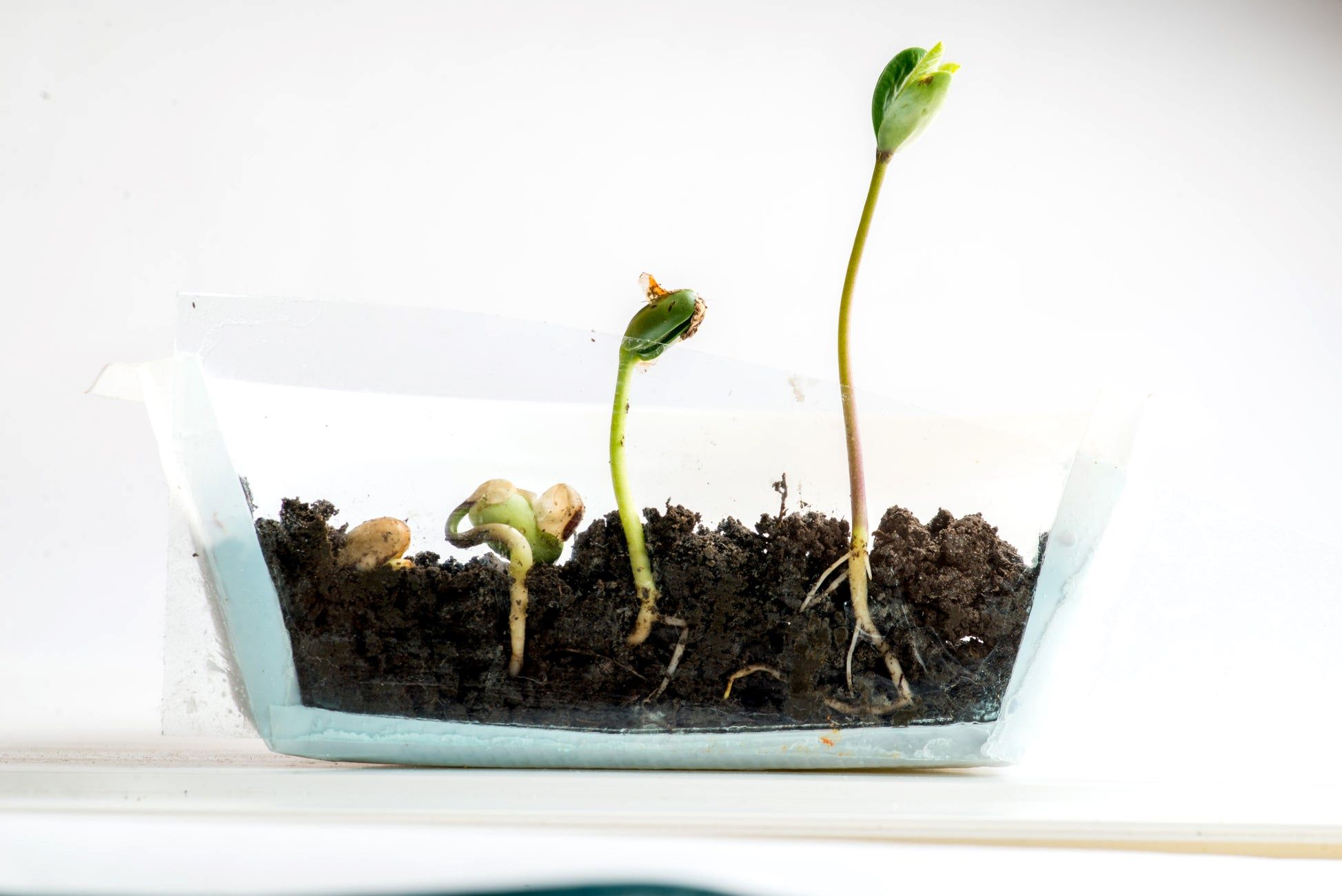
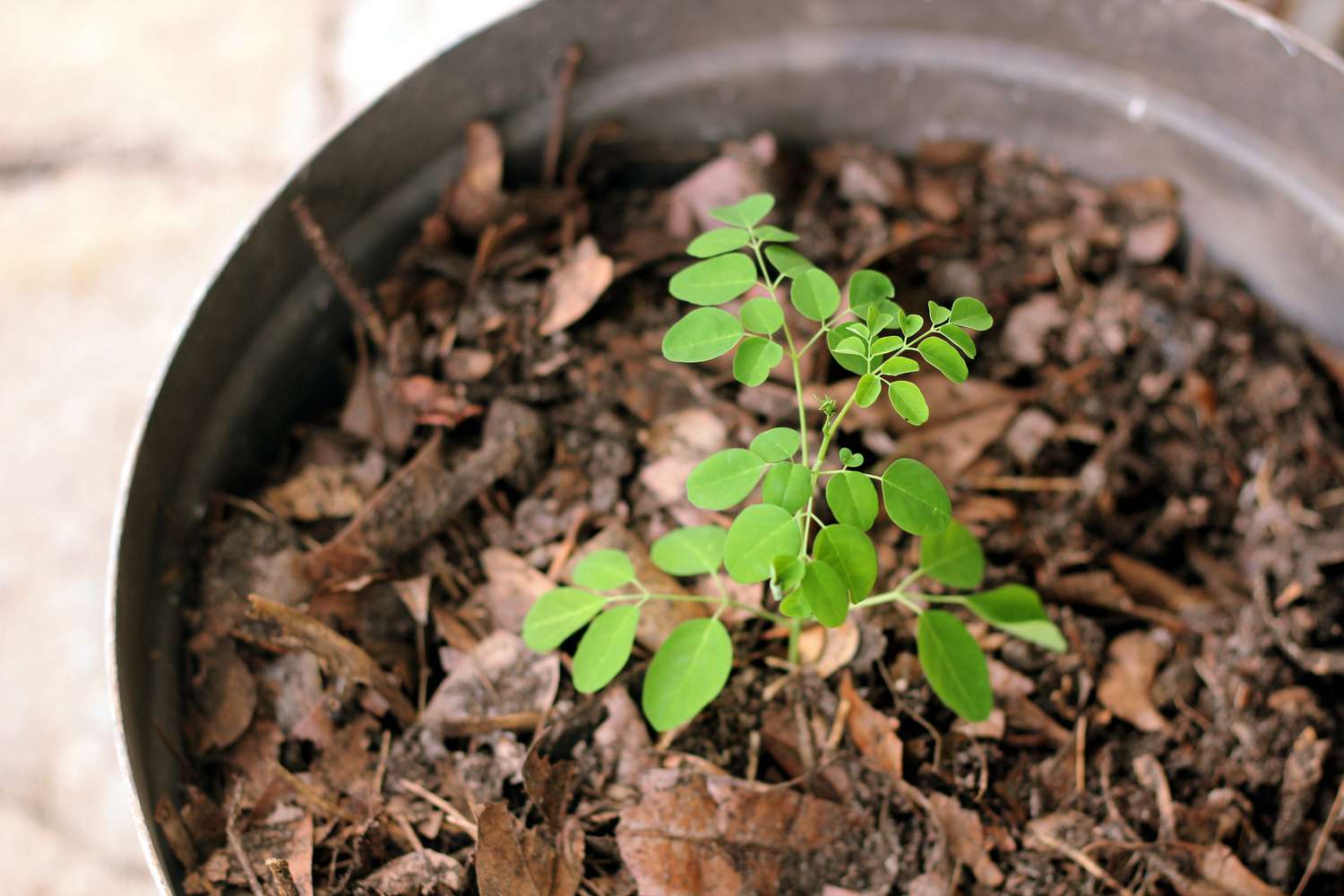
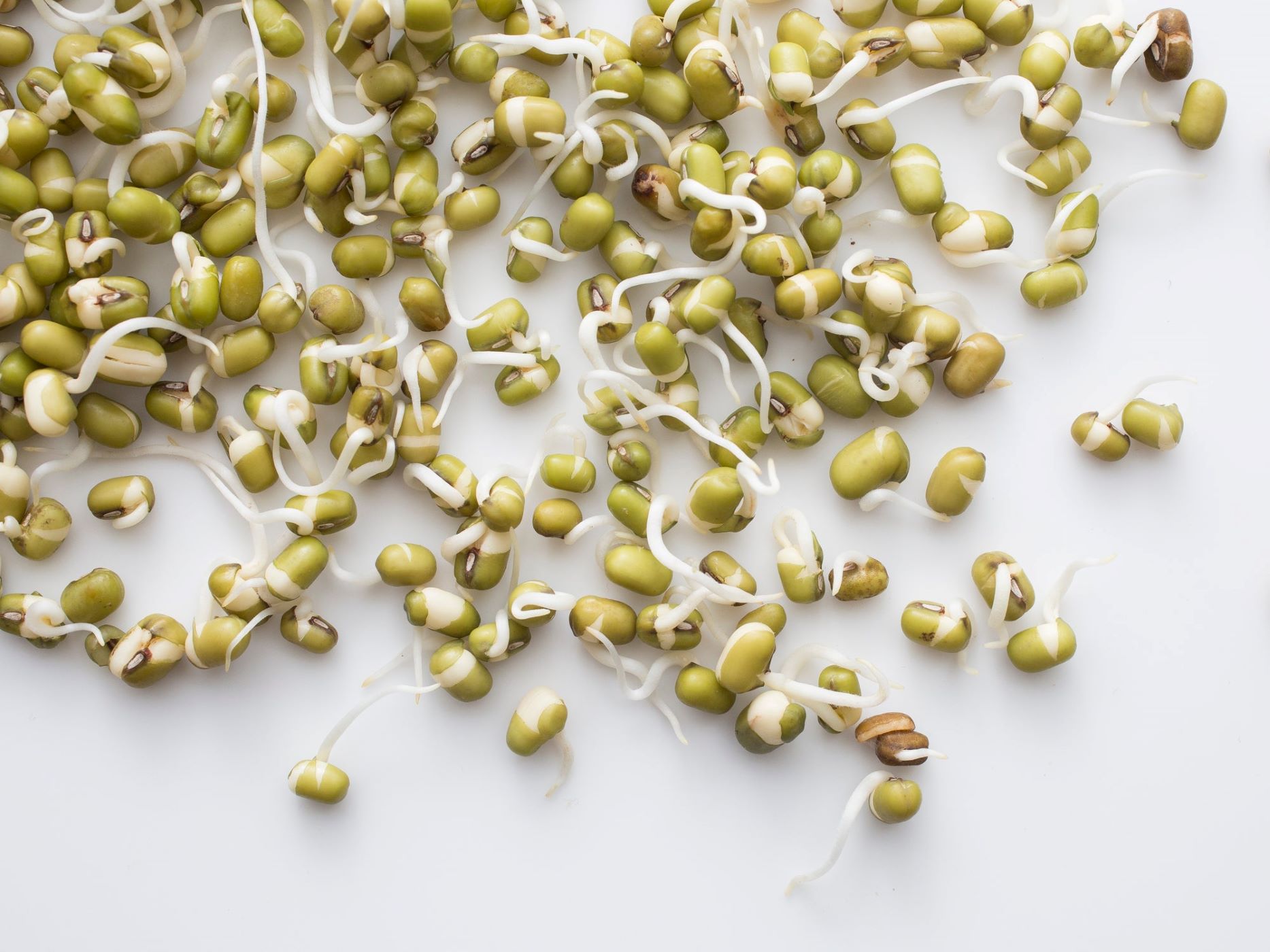

0 thoughts on “How To Prevent Bird Seed From Sprouting”